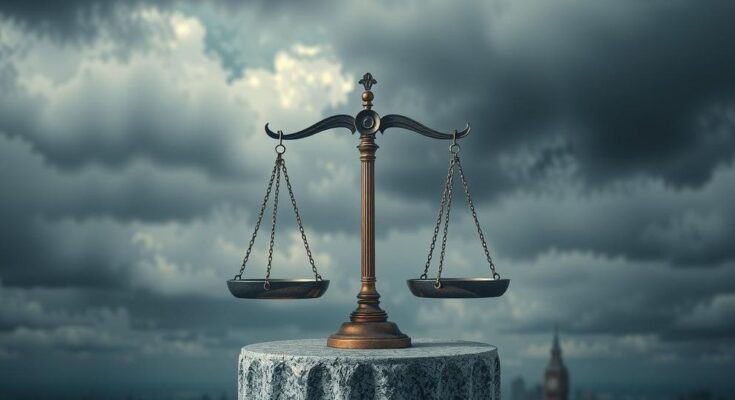On 14 January, Cuban authorities decreed the release of 553 inmates in commemoration of the upcoming Ordinary Jubilee of 2025, coinciding with discussions with Pope Francis. In a parallel announcement, the U.S. lifted Cuba’s designation as a state sponsor of terrorism, despite both nations denying any formal agreement. Subsequently, over 171 individuals detained for political dissent were reportedly freed, yet hundreds remain imprisoned, and irregularities shroud the release processes.
Ana Piquer, Americas director at Amnesty International, highlighted the lack of transparency from Cuban authorities. The government has not formally recognised political detainees nor disclosed names of those eligible for release, leading to concerns over the arbitrary nature of the detainment. Specific individuals, such as Luis Manuel Otero Alcántara and Maykel Castillo, remain imprisoned despite calls for their unconditional freedom.
The release process has excluded victims and families, often notifying them of releases with minimal notice and vague explanations. This secrecy cultivates an atmosphere of anxiety for families, who grapple with uncertainty and fear regarding their loved ones’ legal status. “Hundreds of families have been torn between anguish and hope,” Piquer stated, addressing the trauma inflicted by this unpredictability.
Cuban authorities assert that released individuals are not pardoned but benefit from legal provisions. The group Justicia 11J verified 172 released detainees, yet many had received conditional releases, vulnerable to re-arrest for dissenting. Such punitive practices reveal a tactic by the regime to suppress expression and community organisation through fear and intimidation.
Several released prisoners describe increased restrictions on their rights. Pedro Albert faced altered conditions of release, while Donaida Pérez Paseiro’s husband was pressured to disassociate her activism to secure his freedom. Additionally, opposition leader José Daniel Ferrer reported facing threats after his release, indicating relentless governmental pressures against dissidence.
Amidst political tensions, the potential halting of releases has raised alarms. Ana Piquer noted that political prisoners seem dehumanised, serving as bargaining tools in a dire political landscape. Calls for urgency surround the immediate and unconditional release of all unjustly imprisoned individuals, as repression against political activists and human rights defenders shows no sign of abating.
Amnesty International urges the Cuban government to acknowledge the injustices faced by dissidents and to abolish repressive laws that perpetuate this cycle of oppression. The plight of political prisoners demands global attention and immediate action to restore their rights and dignity.
Cuba’s recent prisoner releases, announced on 14 January, have yet to free hundreds of political detainees. Amnesty International criticises the lack of transparency surrounding these releases and highlights ongoing repression. Various individuals remain imprisoned, and significant concerns about human rights violations persist amid the alleged releases.
Cuban authorities have announced the release of 553 prisoners, yet the process is fraught with irregularities, leaving many political detainees still behind bars. Ana Piquer of Amnesty International highlights the absence of transparency and ongoing repression faced by dissidents. Calls for the unconditional release of all political prisoners intensify as the situation continues to unfold, revealing a troubling pattern of governmental control and oppression.
Original Source: www.amnesty.org



